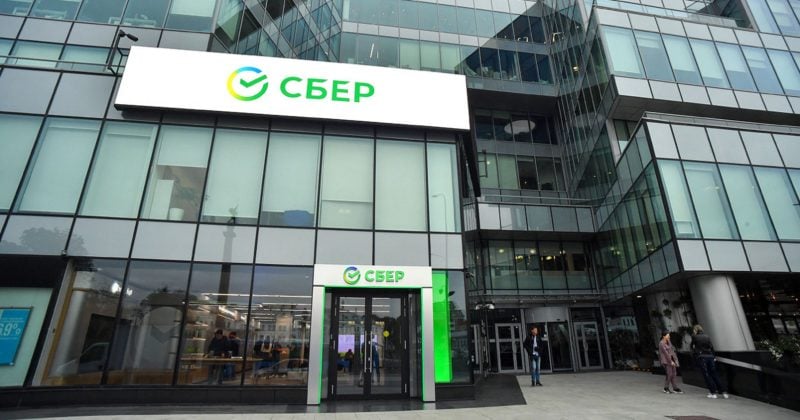
Photo: Sergei Kiselev / Moskva News Agency
Russia’s largest bank joins digital ruble pilot program
Sberbank joins central bank's plan to expand access to digital currency across the country.
Sberbank, Russia’s largest lender, has joined the digital ruble pilot program along with TBank and Tochka Bank, according to a statement from the Central Bank of Russia (CBR) reported by Interfax on Dec. 28.
The program previously included 12 credit organizations, with expectations for an additional 14-15 banks to onboard in 2025, said Olga Skorobogatova, former First Deputy Governor of the CBR in an October statement.
With the participation of the three new banks, the program now includes 15 credit organizations, adding to the existing participants such as VTB, Alfa-Bank, DOM.RF Bank, Ingosstrakh Bank, Gazprombank, Ak Bars Bank, MTS Bank, Promsvyazbank, Sovcombank, Sinara Bank, TKB Bank and Russian Agricultural Bank.
A total of 22 banks have signed agreements with the central bank and are preparing their systems for the project, according to the report.
The digital ruble, which represents the third form of Russian national currency alongside cash and non-cash money, began its pilot phase with real digital rubles in August 2023. The central bank expanded testing from 600 to 9,000 participants as of October 2024.
Starting July 2025, Russia’s major banks will be required to support digital ruble functionality for their customers. The central bank announced in September that banks must enable customers to “open and top up digital ruble accounts, make transfers, and accept digital rubles in their infrastructure.” Smaller financial institutions will implement these capabilities in subsequent years.
Banks that fail to prepare by the deadline will face fines from the CBR. The central bank aims to make the digital ruble widely accessible, allowing citizens and businesses to “freely use it on an equal basis with cash and non-cash funds.”
